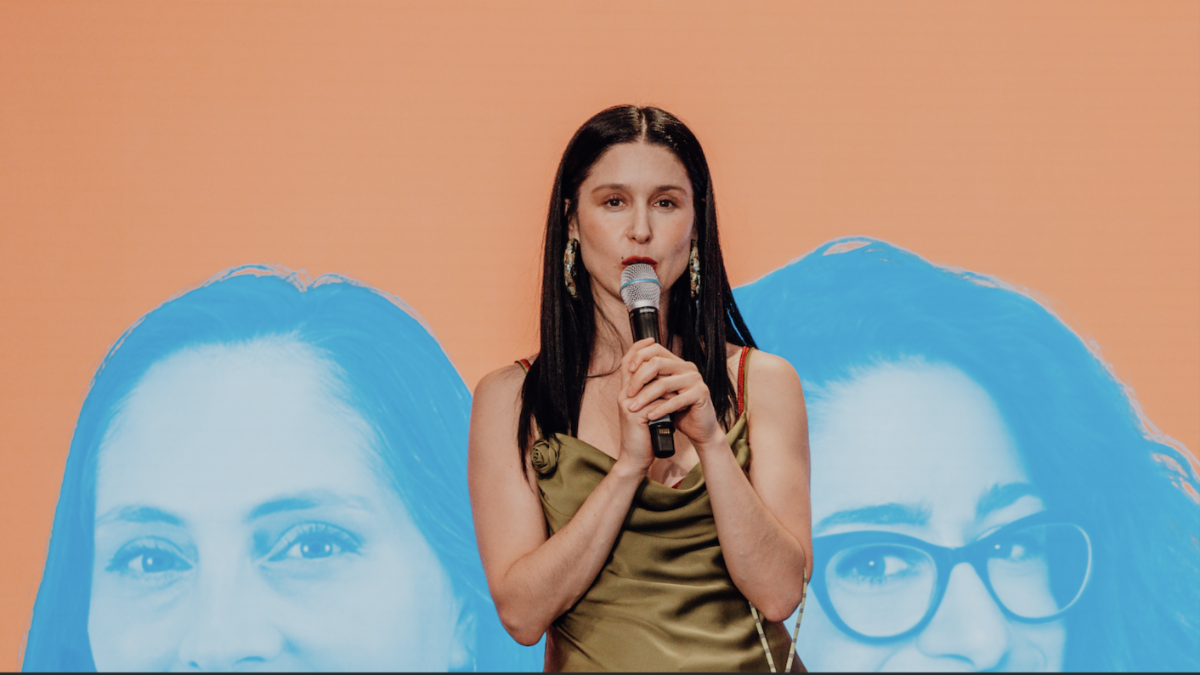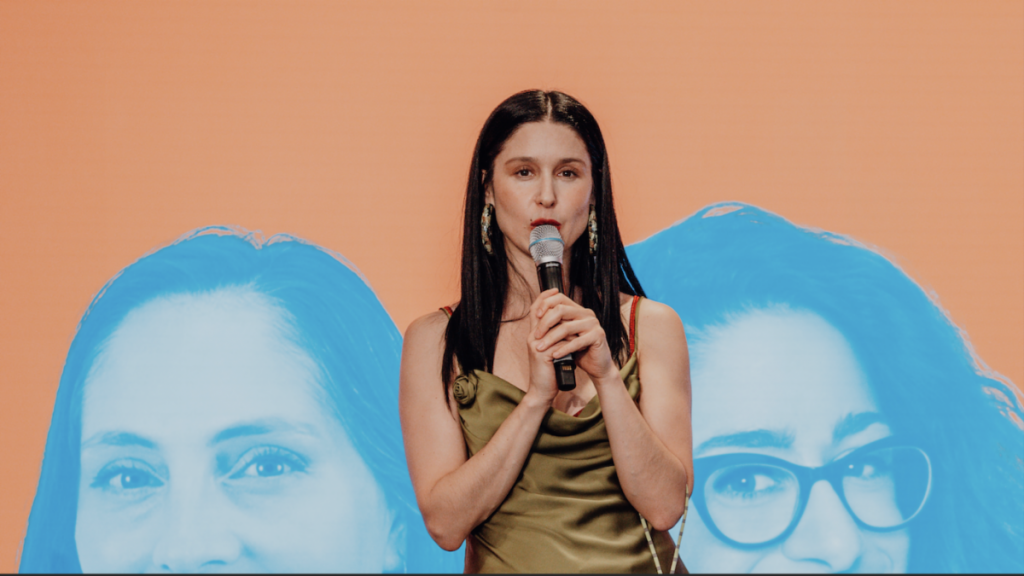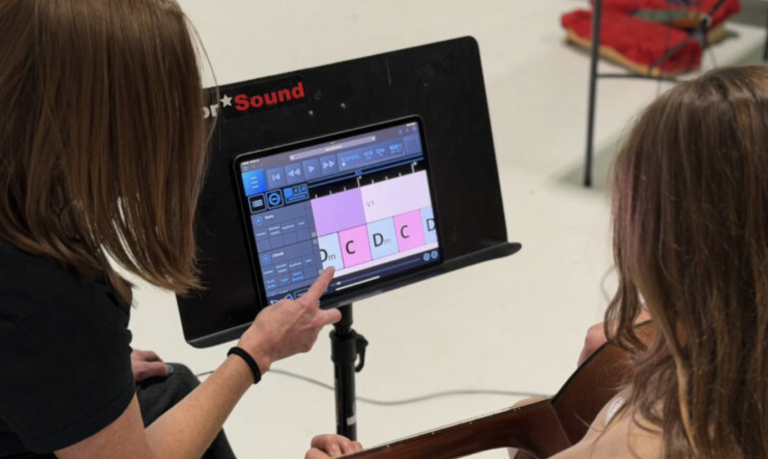

Gender gaps are still prevalent in the music industry. Credit to Criteria Entertainment.
Los Angeles, California (August 21, 2025)-A new report from Ruidosa—the Latin American music festival and platform founded by artist Francisca Valenzuela—reveals a stark underrepresentation of women and gender-diverse talent in the Latin American music industry, both on and off the stage. The studies, conducted in partnership with Believe and TuneCore, highlight that despite Latin music’s global rise, significant gender imbalances persist.
“We created these studies because numbers are important – they don’t lie – they can provide concrete data that can drive public policy, better industry practices, and real change,” says Francisca Valenzuela, founder of Ruidosa. “We want to build the Latin American music industry we want to work in: more sustainable, diverse and equitable. The gap persists and there is still much work to be done from many fronts.”
The first study analyzed nearly 400 festival lineups from seven countries and found that only 20% of performances featured women solo acts or all-women bands. The imbalance is even more striking in headlining slots, where women-led projects accounted for just 0.4% of headliners, compared to male soloists (41%) and all-male bands (37%). The study also noted a regression in female participation in 2024 after a peak in 2022.
The second study shifted focus to behind-the-scenes roles, examining over 400 leadership positions at 116 music companies in Latin America. The findings reveal a persistent “glass ceiling,” with only 2 in 10 leadership roles held by women. While streaming platforms show the highest female executive representation at 44%, traditional labels (17%) and live music promoters (9%) lag significantly behind. The data also shows that as one moves up the corporate ladder, the representation of women declines sharply, with women holding only 12% of top-tier leadership roles (President/CEO level) despite making up 34% of mid-level executives.
Alejandra Olea, Managing Director for the Americas at Believe, commented on the findings, stating that the data is “undeniable” and should be used as a “springboard for action that opens doors for women and gender diverse talent at every level of the industry.”
This isn’t Ruidosa’s first time translating data into action. Their 2018 study directly contributed to a quota law in Argentina requiring at least 30% female inclusion in festival lineups, with similar bills now being discussed in Chile, Uruguay, and Mexico. The latest research is intended to serve as a tool for music professionals and policymakers to re-evaluate how inclusion is defined and implemented.
“This isn’t just about stage time or job titles. It’s about the right to fully occupy the cultural, economic, and creative spaces where music is made and experienced,” Valenzuela concluded.








